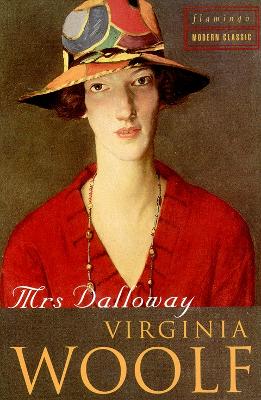Reviewed by Joséphine on
Once upon a time, I used to love semicolons. Mrs Dalloway made me wish they didn't exist. The stream of consciousness narration got on my nerves, especially because it was from the third-person perspective. Half the time, I couldn't figure out whose thoughts I was meant to follow. The semicolons made it worse because before one person's thoughts were complete, they were already melding into someone else's consciousness. Not to mention, there were more semicolons than full stops on most pages. It was annoying.
This book was very caught up in the banality of life. Usually, I enjoy philosophising about meaning vs. meaninglessness, and can be quite fascinated by nihilism (see my love for Waiting for Godot by Samuel Beckett and The Chairs by Eugène Ionesco). In the case of Mrs Dalloway, however, reading was excessively tedious, and by the end, I didn't feel fulfilled in any way.
Yes, I could see what Woolf sought to accomplish on an intellectual level, and in theory, she did break away from conventions and anyone who dares to experiment ought to be lauded. In fact, Virginia Woolf was one of the early modernist writers — quite an accomplishment.
While the underlying ideas intrigue me, I didn't care for the execution. Seeing how I wanted to abandon Mrs Dalloway every other page, I'm hard pressed to rate it any higher than 0.5 out of 5 stars. The literary criticism surrounding the novel (and author) is much more fascinating, in my opinion.
Reading updates
- Started reading
- 25 May, 2017: Finished reading
- 25 May, 2017: Reviewed
